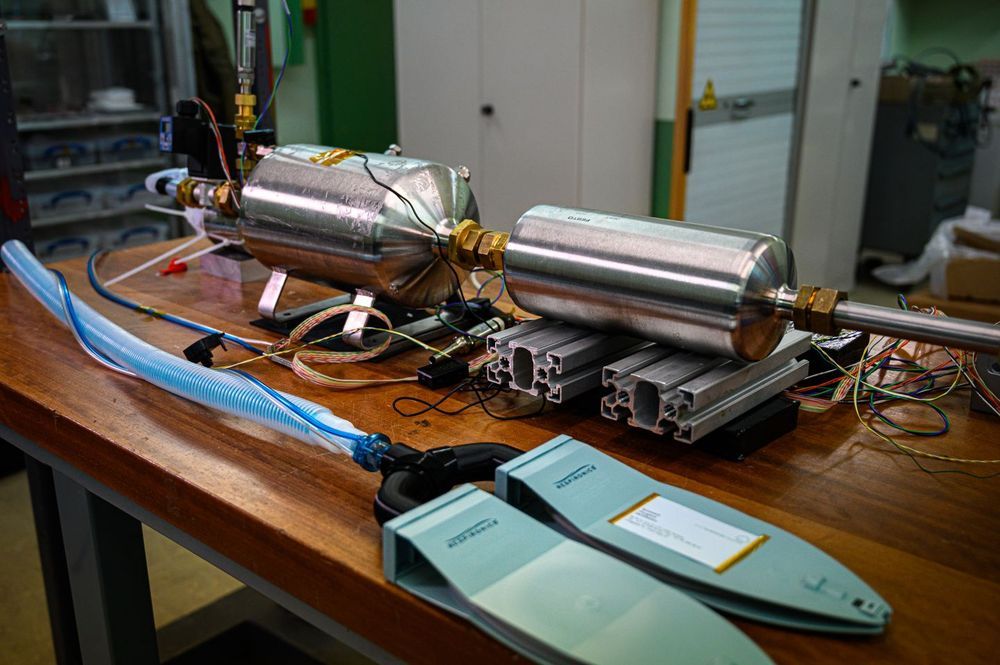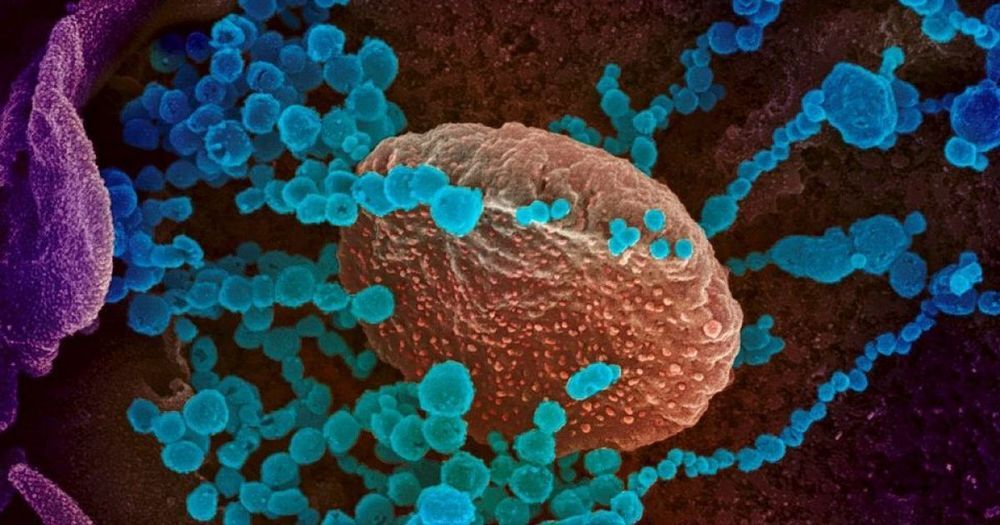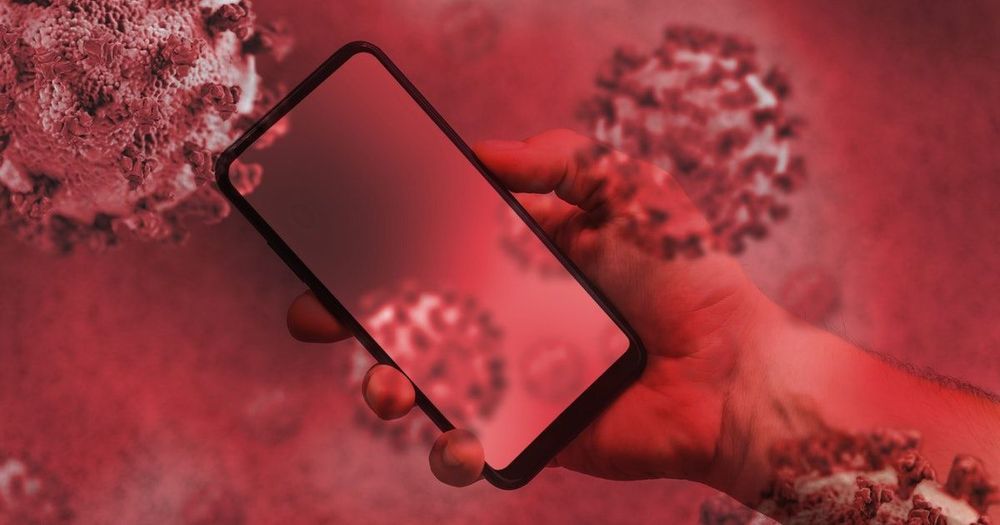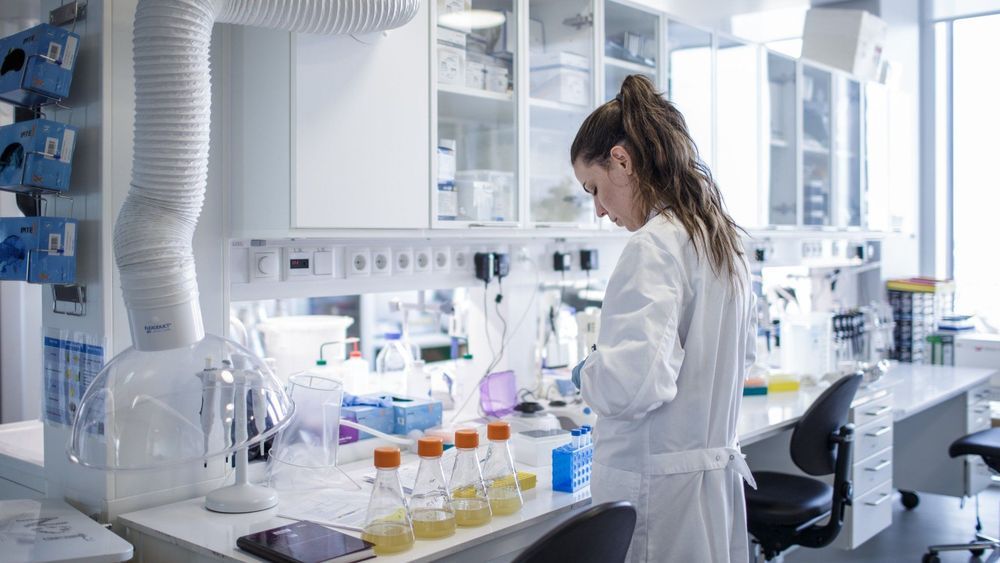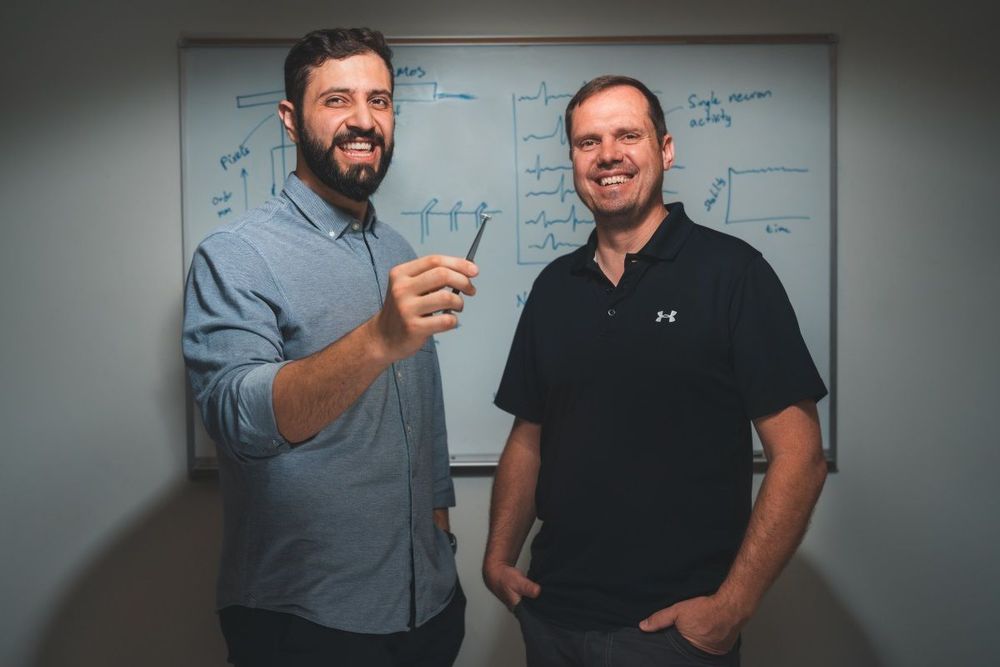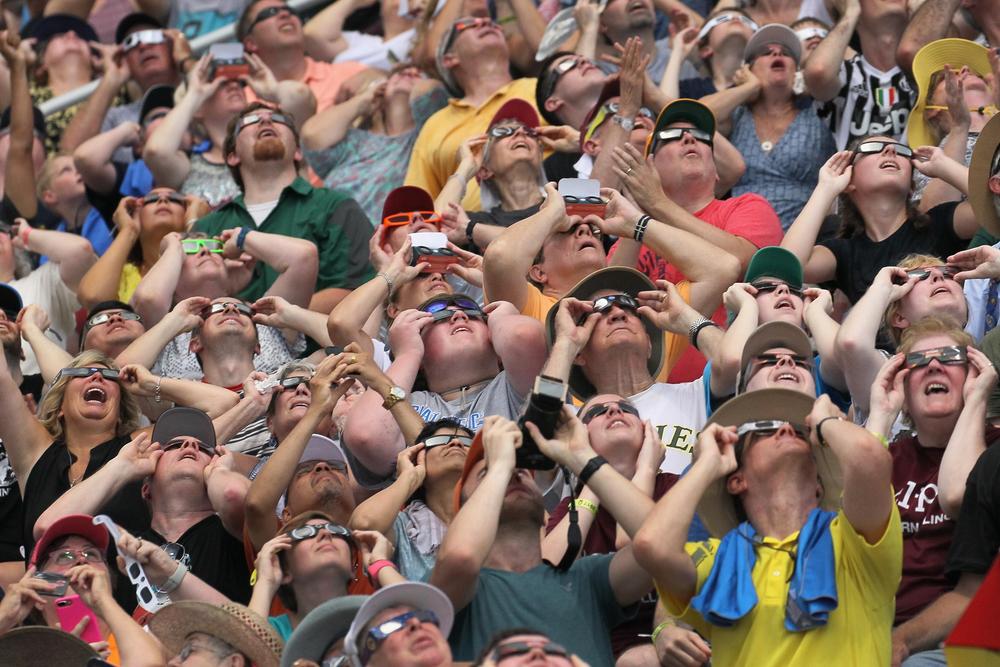CERN has established a task force to identify and support contributions from the Organization’s 18 000-strong global community to combatting the COVID-19 pandemic. Set up by the Director-General at the end of March, the CERN against COVID-19 task force has already received hundreds of messages suggesting ideas ranging from producing sanitizer gel to designing and building sophisticated medical equipment. The design of a novel ventilator, expected to be tested by healthcare experts in the coming weeks, is an example of deployment of CERN’s technology to the service of society in these troubled times. Details of the initiatives and projects supported will be published on the dedicated website cern.ch/against-covid-19, which will be regularly updated.
“CERN is a world leading laboratory in particle physics and in the related technologies. As such, it’s a hub of resources, including the World-wide LHC Computing Grid, WLCG, mechanical workshops, sophisticated design and prototyping facilities, advanced technologies and expertise ranging from science and engineering to industrialisation,” said Director-General Fabiola Gianotti. “We want to deploy our resources and competences to contribute to the fight against the COVID-19 pandemic.”
CERN’s overall approach is to ensure effective and well-coordinated action, drawing on CERN’s many competencies and advanced technologies and working closely with experts in healthcare, drug development, epidemiology and emergency response so as to maximise the impact of the Organization’s contributions. To this end, the Organization has established links with local hospitals and emergency services, and in the context of an agreement established in 2011, entered into dialogue with experts at the World Health Organization. Discussions are also underway with sister European scientific organisations, the European Molecular Biology Organization and the European Bioinformatics Institute.
